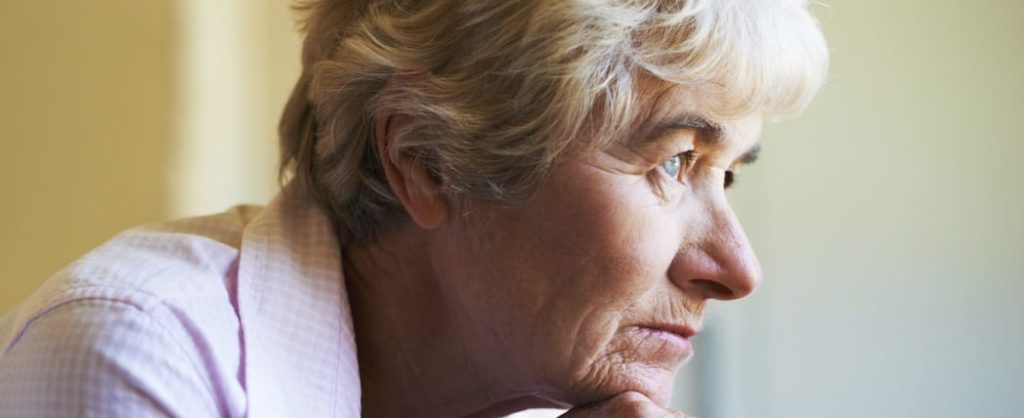Americans of all ages have fallen victim to the epidemic of prescription drug abuse and addiction. The consequences are serious, including a tripling in the number of overdose deaths from prescription drugs in the U.S. since 1990. While people of all ages, socioeconomic groups, and races are vulnerable to prescription drug abuse, one group is often overlooked. Elderly Americans are abusing prescriptions at an alarming and growing rate and the issue is not getting enough attention.
Seniors and Prescription Drug Abuse
Seniors, those over the age of 65, represent a vulnerable population with respect to drug abuse. They are more susceptible to experiencing an accidental overdose. They are also more susceptible to abuse for many reasons. They tend to be prescribed more medications than people in other age groups. They may struggle with undiagnosed and untreated mental health issues such as depression or anxiety. They also find themselves increasingly alone. All of these factors contribute to the growing epidemic of elderly substance abuse. The statistics show that seniors are being prescribed more medications than ever before. In particular they are being prescribed more opioid painkillers and benzodiazepines. Both classes of drugs carry a high risk of abuse and are addictive. In 2012, statistics showed that the number of elderly Americans abusing their prescriptions had more than doubled over a decade. Also up to a significant degree over the last few years is the number of seniors seeking treatment for addiction and the number of seniors going to the emergency room because of prescription abuse.
Doctors and Families Failing the Elderly
There are many factors contributing to the rise in incidents of senior prescription drug abuse. There are also many ways in which doctors and other health professionals could prevent the problem, but are failing to do so. Doctors often misdiagnose the symptoms of abuse and assign them to other conditions when seeing elderly patients. They also spend less time with these patients. Studies show that patients over 65 get less time with their doctors than younger patients. With abbreviated examination time, doctors are not likely to catch the often-subtle symptoms that could indicate drug abuse. Doctors are not the only ones with the power to prevent or catch drug abuse in seniors. Family members also often miss or ignore signs of senior prescription abuse. They may turn a blind eye to symptoms that seem obvious. They may be afraid to confront an older family member about such a delicate matter. Or, family members may even believe that it would be a waste of time to deal with substance abuse in an aging relative. The truth is that older patients are actually more likely to complete a course of substance abuse treatment successfully than younger addicts. If given the chance, senior Americans can greatly benefit from drug abuse treatment. The issue of prescription drug abuse is one that plagues the entire country, from the youngest to the oldest citizens. Seniors represent a special group. Although prescription abuse doesn’t discriminate by age, certain populations—like seniors—are more vulnerable to its effects. The issue also raises the question of health care for seniors in general. Older Americans are often treated differently and discriminated against, even when it comes to medical care. We need to change attitudes about our senior citizens and provide them with the care they deserve and desperately need.

